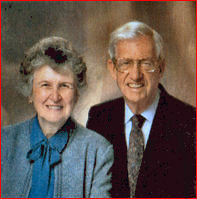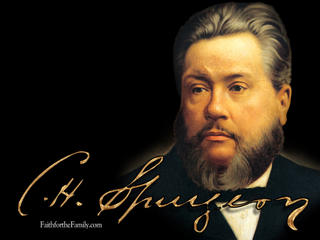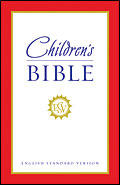The Word of God and Starbucks Coffee

What does Starbucks and memorizing God's Word and being able to explain it have in common? More than you think. Greg Koukl at Stand to Reason explains,
“If you’ve been to Starbucks lately, you might have noticed a new campaign to lift the consciousness of caffeinated patrons. Quotes from intellectual and spiritual virtuosi now grace their talls, ventis, and grandes “to get people talking,” their web site says.So the next time that you are memorizing or mediting on the Word, remember you may just have to be ready to explain it to someone when you are drinking your coffee at Starbucks!
Starbucks’ moments of truth might become one of yours, a pretext for friendly, thoughtful conversation that might turn into a divine appointment of sorts.
Consider this contribution by popular author Deepak Chopra: “Attractive people judge neither themselves nor others.” In this Dr. Chopra seems to reflect the sentiments of Jesus (whom he admires) when He warned, “Do not judge, lest you be judged” (Matthew 7:1).
Jesus’ comment, though, is almost universally misunderstood because of an inherent conflict in the condemnation of judging that goes unnoticed to almost everyone but Him.
Here’s the problem. Judgment always entails assessment. Is Chopra’s analysis an assessment? It seems to be. So is Jesus’. This raises a difficulty. Taken without qualification, the statement “You shouldn’t judge” is self-refuting, being itself an example of judgment.
Jesus qualified His comment, however, in a way that Chopra did not.
And why do you look at the speck that is in your brother’s eye, but do not notice the log that is in your own eye? . . .You hypocrite, first take the log out of your own eye, and then you will see clearly to take the speck out of your brother’s eye. (Matthew 7:3,5)
Jesus did not condemn all judgments, only hypocritical ones --arrogant condemnations characterized by disdain and condescension. Not all judgments are of this sort. In fact, even in this passage Jesus actually enjoins a different kind of judgment once the hypocrisy has been dealt with (“first take the log out of your own eye, then . . .).
There are two other kinds of judging in Scripture that are not condemned, but commanded. Some judgments are judicial, proper when done by proper authorities. Judges judge. They pass sentence. That’s their job. Church discipline is of this sort (Matthew 18:15-20, 1 Corinthians 5:12-13, Galatians 6:1).
Jesus did not come initially for this kind of judgment --He offered mercy, not sentencing (John 3:17, 12:47)--but He will certainly return with this kind. Appointed by the Father as final judge (John 5:22, 27; Acts 10:42, 17:31), He will spare no one.
Other judgments are assessments --appraisals of right or wrong, wise or foolish, accurate or inaccurate, rational or irrational. This kind of judgment is not forbidden; it is commanded. Jesus’ instructions “Do not give what is holy to dogs” (Matthew 7:6) require this kind of judgment (What is “holy”? Who are the “dogs”?). Peter reminds us to “be of sound judgment” since “the end of all things is at hand,” (1 Peter 4:7).
Some assessments are moral. Paul commands this kind of judgment: “Do not participate in the unfruitful deeds of darkness, but instead even expose them” (Ephesians 5:11). This is to be done not “according to appearance,” but by “righteous” standards (John 7:24) according to Jesus, who chastised the Jews for their failures here: “And why do you not judge even on your own initiative what is right?” (Luke 12:57).
A judicial action, a factual assessment, a hypocritical arrogance --all are judgments. Only the third is disqualified by Jesus. The first two are actually virtues in their proper setting, and therefore commanded by Scripture.
Let me be clear on why all of this matters. The Christian message at its core entails a message of judgment. The “good news” of the Gospel is only good against the bad news of judgment. As ambassadors for Christ, we cannot avoid this.
Shallow aphorisms like Chopra’s “Attractive people judge neither themselves nor others” are wildly popular because they pander to a rebellious heart by promoting an indiscriminate tolerance. But they strike a blow at the very heart of the Gospel.
Blessings,
Pastor Dwight Wagner





